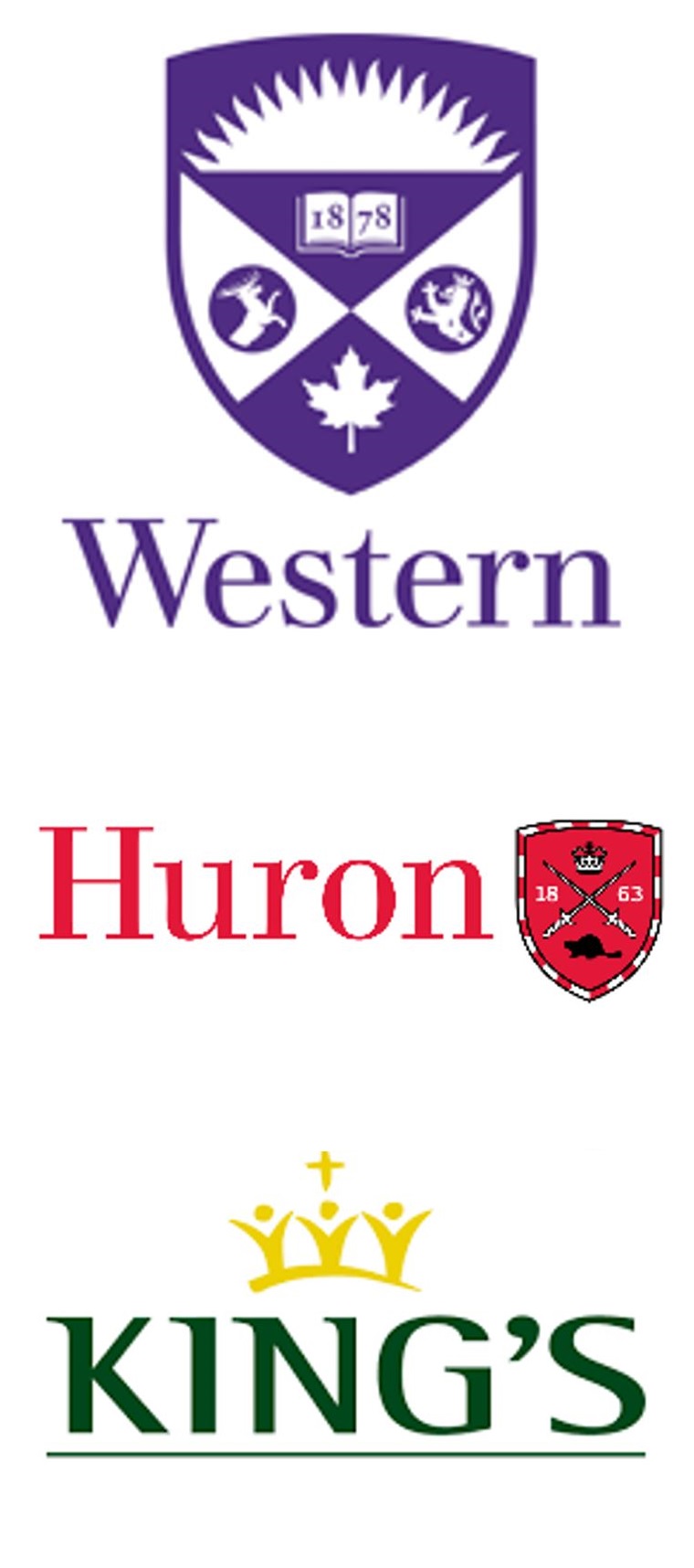
Frequently Asked Questions
Q: What is the “Progress and Ongoing Improvement Report” and when is this due?
A: As part of new requirements by the Ontario Universities Council on Quality Assurance, programs are all required to submit a Progress and Ongoing Improvement Report midway between cyclical reviews. The Progress and Ongoing Improvement Report will be received by the Senate Subcommittee on Program Review – Graduate/Undergraduate (SUPR-G/SUPR-U). The OAQE will follow up with each program with information, a template and support regarding the report 6 months in advance of the SUPR-G/SUPR-U submission deadline.
Q: When is my program scheduled for cyclical review?
A: A cyclical program review must begin no later than eight years from the academic year in which the program was last scheduled to be cyclically reviewed. For new programs the first cyclical review takes place within eight years of the program’s initial enrolment. Please refer to our “Review Schedule” to determine when your program is scheduled for its next cyclical review.
Q: When can I advertise a new program?
A: The public announcement of a new undergraduate or graduate program in advance of receiving approval by the Quality Council may take place, subject to Senate approval. When an program announcement is made at this stage it must contain the following statement: “Prospective students are advised that the program is still subject to formal approval.”
